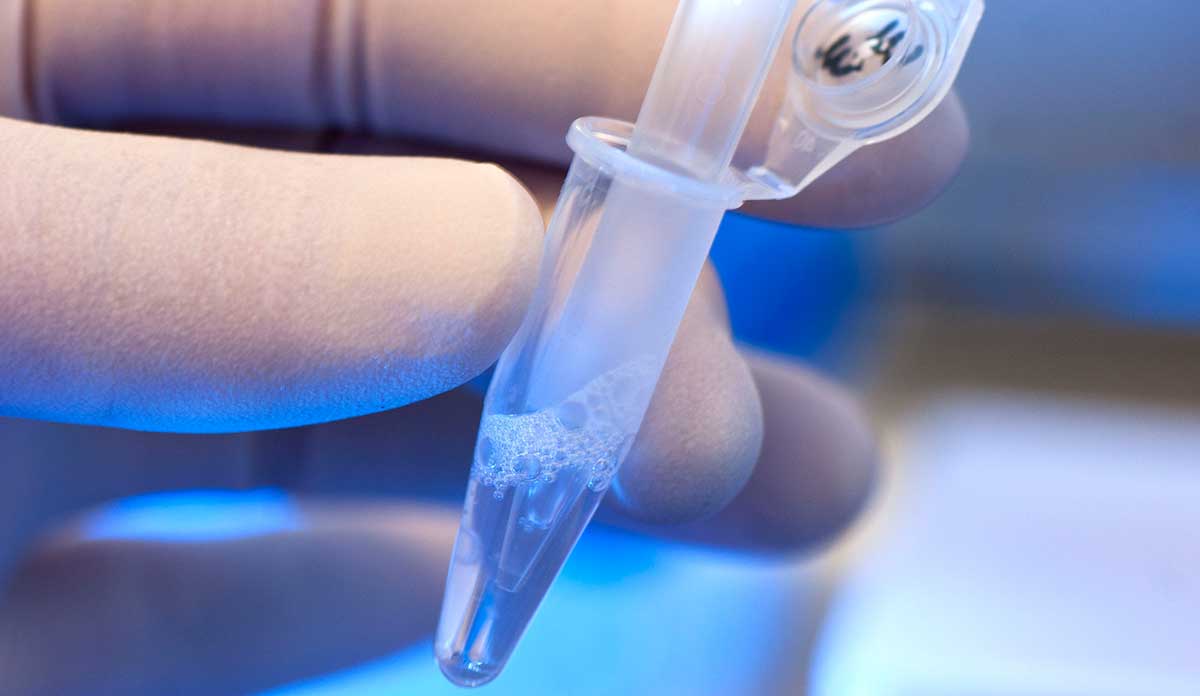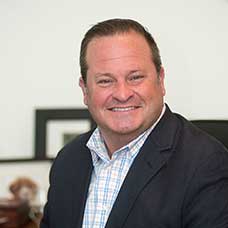On December 13, 2016, President Barack Obama signed into law a 996-page piece of legislation that will accelerate the discovery, development, and delivery of life-saving and life-improving therapies. This new law, commonly referred to as 21st Century Cures, will have real and positive impact not just for the life sciences supercluster in Massachusetts, but also for patients around the world.
Medical breakthroughs come when life sciences companies license basic research from academic institutions, invest hundreds of millions of dollars in clinical research on safety and efficacy, work for years with the FDA to meet strict standards for regulatory approval and build the infrastructure to manufacture and distribute that breakthrough out to patients around the world. This is a process that takes too long and costs too much when patients are waiting.
Provisions in the 21st Century Cures Act will break down barriers to collaboration in research, provide funding for important research initiatives including the Cancer Moonshot and the Precision Medicine Initiative, and strengthen the FDA’s ability to engage with patients throughout the regulatory process.
The law will:
Provide the NIH with $4.8 billion in new funding that is fully offset. These dollars advance the Precision Medicine Initiative to drive research into the genetic, lifestyle and environmental variations of disease ($1.5 billion); bolster Vice President Biden’s “Cancer Moonshot” to speed research ($1.8 billion); and invest in the BRAIN initiative to improve our understanding of diseases like Alzheimer’s. Dozens of Massachusetts’ research institutions and innovative companies are already engaged with these forward-thinking initiatives and this renewed commitment means they can continue the important research they’ve begun.
Provide the FDA with $500 million for regulatory modernization and give the agency the ability to recruit and retain the best and brightest scientists, doctors, and engineers. The FDA is currently limited in how quickly and efficiently it can review drug applications because of troubles staffing the agency. More resources for FDA means treatments can come to market faster.
Streamline regulations and provide more clarity and consistency for innovators developing health software and mobile medical apps, combination products, vaccines, and regenerative medicine therapies. Massachusetts is at the forefront of science and the growing field of digital health, and these regulatory improvements will allow our companies and institutions to keep pushing the boundaries of technology to improve human health.
Modernize clinical trials. The clinical trials process is the longest and most expensive piece of bringing a drug to market. Provisions in the law require FDA to issue guidance documents that would help companies use more nimble adaptive designs and new statistical modeling in order to make clinical trials more efficient and effective.
Put patients at the heart of the regulatory review process. The law requires the FDA to issue guidance regarding how to collect patient experience data and how it will be will use that data when evaluating the risks and benefits of a drug. These sections go a long way in clarifying and formalizing a trend of patients and patient organizations engaging in the drug discovery and development process, and ensure the FDA can take into account preferences, viewpoints and experiences from patients themselves. [Check out the work FDA did on a Voice of the Patient initiative.]
Science today is moving increasingly fast, powered by new technologies and the passionate participation of patients in the R&D process. Our policies and regulations have not had time to catch up. MassBio and its members were proud to support this carefully crafted, bipartisan bill, and we look forward to taking advantage of the opportunities it contains.
Read more about 21st Century Cures | Learn more about MassBio













